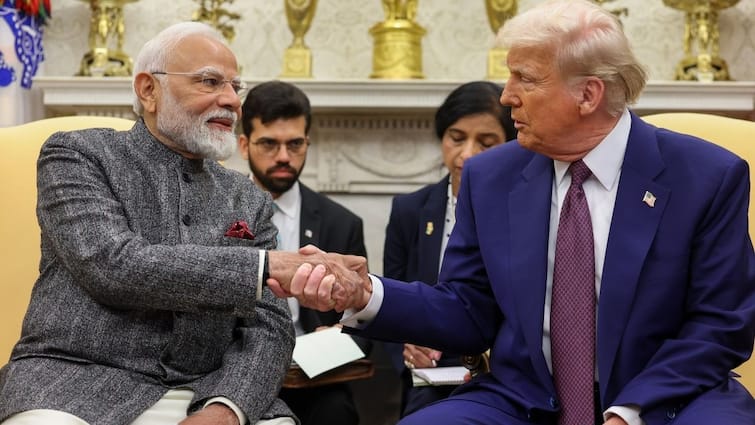Former US National Security Advisor John Bolton has revealed that Peter Navarro, Donald Trump’s former trade adviser, once attempted to provoke tensions between US President and Indian Prime Minister Narendra Modi. Bolton called Navarro’s behavior a “sideshow,” advising both nations to focus instead on the “real negotiators” working on trade discussions, reports NDTV.
“India can stay away from the threats and shouts on social media and just do the hard work to see if we can reach an accommodation here,” Bolton said, stressing that while trade disputes are rarely resolved quickly, there is “good faith on both sides.”
Bolton didn’t mince words when describing Navarro’s combative style.
“If you left Peter alone in a room and came back an hour later, he’d be in an argument with himself,” he remarked.
Navarro, known for his fiery rhetoric, has frequently criticized New Delhi’s policies, particularly its continued purchase of Russian oil, which he once labeled “blood money.” He has branded India the “Tariff Maharaja” and warned that talks “won’t end well” unless India shifts its stance on tariffs and other trade barriers. His posts on X (formerly Twitter) have also drawn fact-checks, which Navarro dismissed as attacks from India’s “keyboard minions.”
Recalling a White House meeting where Navarro tried to steer Trump and Modi toward confrontation, Bolton said he had hoped the leaders would focus on larger strategic challenges, such as countering China.
“Peter just wanted to talk about what he saw as unfair Indian trade practices,” Bolton explained. “Trade negotiators often have grievances, that’s the nature of the field.”
While acknowledging the importance of commerce between the two nations, Bolton urged both sides to view trade disputes in a broader context.
“Between India and the US for the rest of this century, there are very significant existential questions,” he said. “Trade makes a huge difference to both economies, but we need to keep it in perspective.”
Relations between Washington and New Delhi, painstakingly nurtured over two decades, suffered setbacks when Trump imposed steep tariffs, 25 percent at first, later doubled, in response to India’s oil purchases from Russia. Recently, however, a thaw has appeared, with Trump and Modi exchanging cordial messages online.
According to Bolton, Trump often evaluates foreign policy through the lens of his personal rapport with other leaders. “If he and Prime Minister Modi have a good relationship, everything is fine between India and the United States,” Bolton said. “Obviously, it’s more complicated than that, but it’s better than tweets or statements criticizing Modi.”
On whether India’s ties with China might strain its strategic partnership with the US, Bolton cautioned against losing sight of geopolitical realities. “It depends on whether you believe China has abandoned its hegemonic ambitions across the Indo-Pacific. I don’t think they have,” he warned.
Bolton concluded that Washington and New Delhi must navigate their challenges calmly and privately to strengthen cooperation. “If we take a low-key, non-public approach and work through these issues, the road ahead will be much smoother for both countries,” he said.



